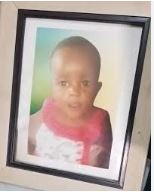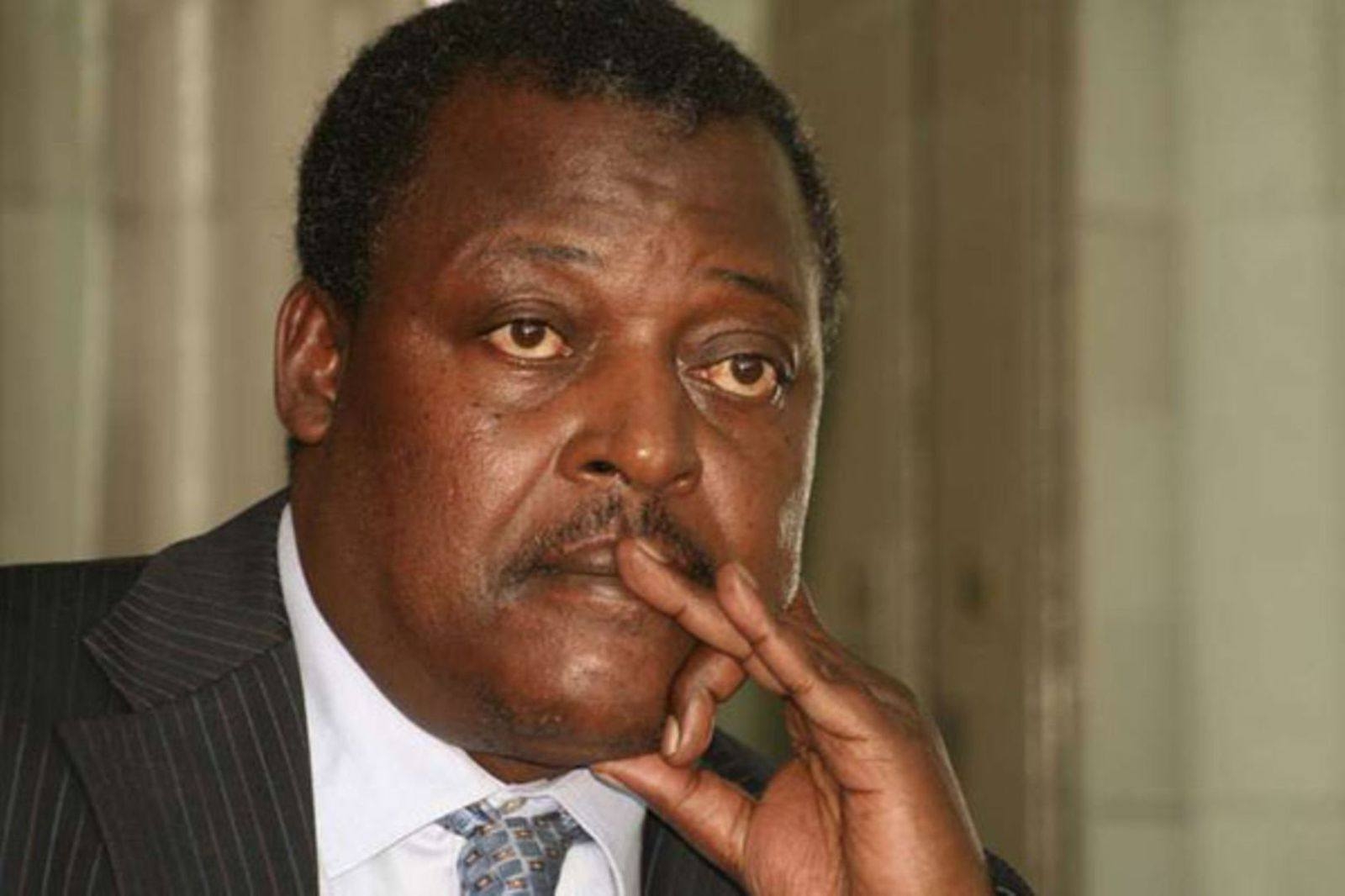By Elizabeth Atieno
"Kwa nini wamesongesha tena?" – “Why have they
postponed the plea-taking again?”
These were the heartbreaking words from a survivor, like myself,
of the post-election sexual violence on October 3, hours after Justice Lilian Mutende
deferred the plea-taking of 12 police commanders and officers accused of
killing Baby Pendo and committing other human rights violations in Kisumu.
Baby Pendo’s head was bashed as she was cradled in her mother’s
arms in the Nyalenda slums.
The deferral was ordered after the office of the Director of
Public Prosecutions requested the postponement, citing the inability to locate
one of the accused officers. In his words in court, the DPP wanted “to get it
right” with this case. I really hope so.
I remember leaving court that day feeling utterly defeated. And
as I write this, I can't help but think — if this is how we, as human rights
defenders, feel, what must the victims and survivors of the case feel?
What about the families waiting nearly eight years for this case
to begin? Some survivors have already passed away, never seeing their day in
court. Yet their families continue to hope, wait, and believe justice will be
served someday.
When the DPP requested a one-month extension, I felt an
overwhelming urge to scream. How can one missing officer stall the entire
process for the other 11 police officers? The survivors are growing desperate,
and their families are losing hope. Yet today, through this platform, I choose
to hold on to hope — for them. I hope that the arrest warrant issued for this
officer will finally be acted upon and that he will be brought to court. Am I
being too hopeful with this?
Kenya has a history of institutionalised violence that allows the very officers sworn to protect us to become the perpetrators of our misery and death. Each statistic of police brutality hides real people, real stories.
People like Benson Njiru and Emmanuel Mutura, two brothers full of life, whose crime was allegedly breaking curfew rules during the Covid-19 pandemic.
They
were arrested in Kianjokoma and never returned home. Days later, their bodies
were found, the corpses bearing the marks of torture. Their bright futures allegedly
were stolen by police officers who acted with impunity.
Then, there’s Petition 122 of 2013, which represents the thousands of women and girls who were raped and assaulted during the 2007-08 post-election violence.
Their fight for justice has stretched over a decade.
Despite their courage to speak out, despite the overwhelming evidence, these
survivors remain entangled in a legal system that seems to forget their
suffering. How can we forget the faces of mothers, daughters, and sisters whose
lives were forever changed by the very officers who were supposed to protect
them?
These are not just cases in court; they are people. They are faces, families, and communities waiting for justice, justice that seems to be slipping farther and farther away. Each delay, each deferral, breaks them a little more.
Their hearts cannot begin to heal until they know that those
responsible for their pain will be held accountable.
The Baby Pendo case has been pushed to November 5. While I understand the complexities of legal proceedings, I ask the courts and the DPP to move swiftly. Each day that passes without progress deepens the wounds of the families and survivors.
This is not just about one child or family; it is
about ensuring police accountability and upholding the rule of law in Kenya and
justice for survivors of violence.
The writer is a post-election violence
survivor













